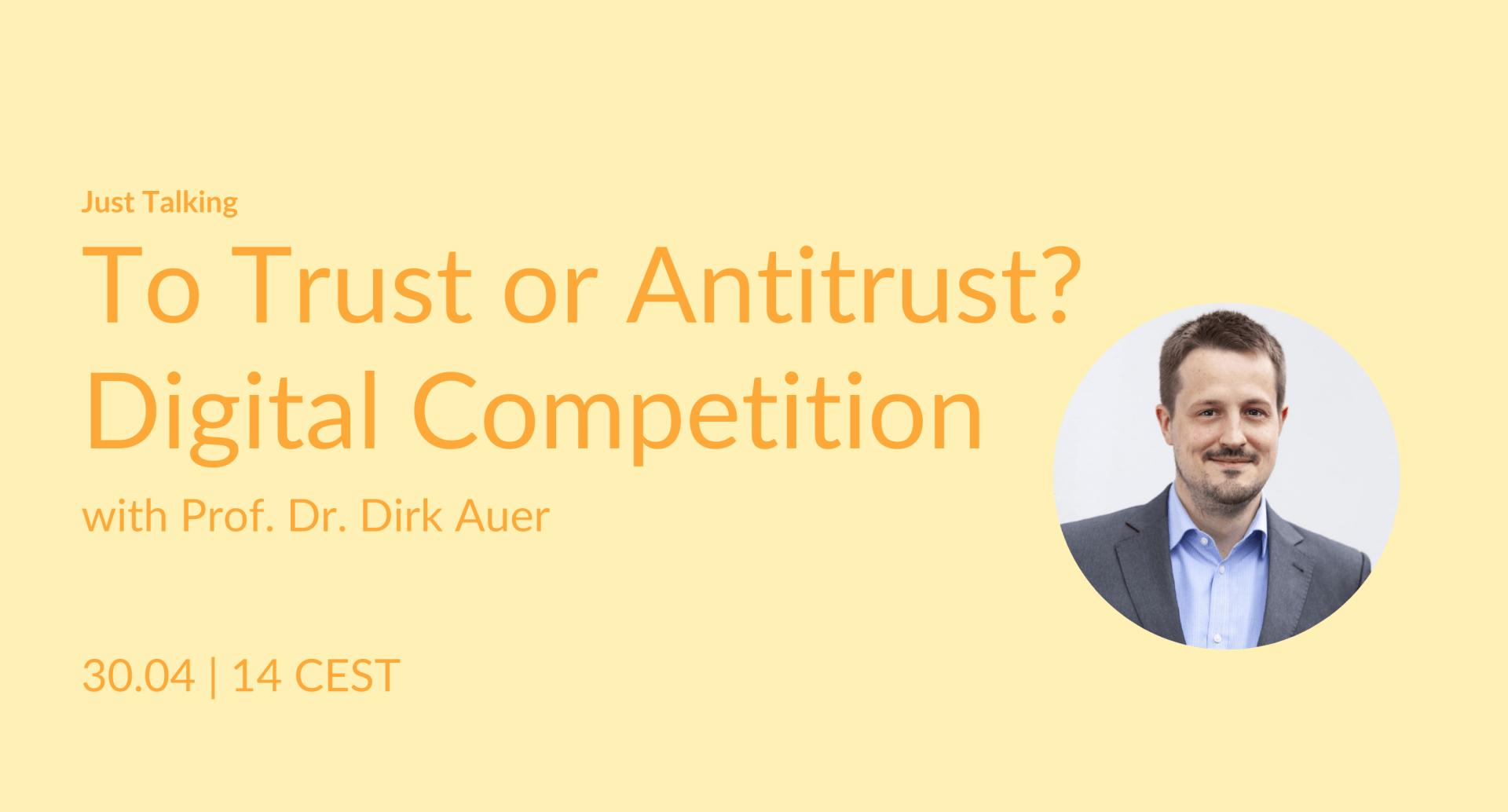ABOUT
What is the current shape of Competition Law and Policy in the Digital Era? Changes in the digital environment and in technology business models increasingly unleash conundrums for both theory of competition law, policymaking and enforcement. There doesn’t seem to be one answer that fits all.This conversation aims to cover some important topics in this context. First, the current efforts by regulators when assessing Big Tech companies in their relevant markets. The fear of presumed competition harm as a result of novelties in digital markets has, as a default reaction, the request for new regulatory interventions. The question, however, is whether or not this reaction is justified and necessary. On the other hand, we will focus on data-intensive markets in a discussion of whether authorities have shown a good understanding of their nature and the consistent rules while analyzing companies competing in such environment. We will also jump back to some classic examples of tech-based antitrust case law to reconsider if the authorities have to review lessons from the past in shaping how they oversee contemporary challenges in digital antitrust.
SPEAKERS
Prof. Dr. Dirk Auer is a Senior Fellow at the International Center for Law & Economics. His work focuses on the law and economics of antitrust, with an emphasis on innovation policy, digital markets and European competition law. Dirk is also an Adjunct Professor UCLouvain and ULiège, in Belgium, where he teaches courses on American law and on the economics of competition law.
SHARE
Read More


Watch Our Episodes





